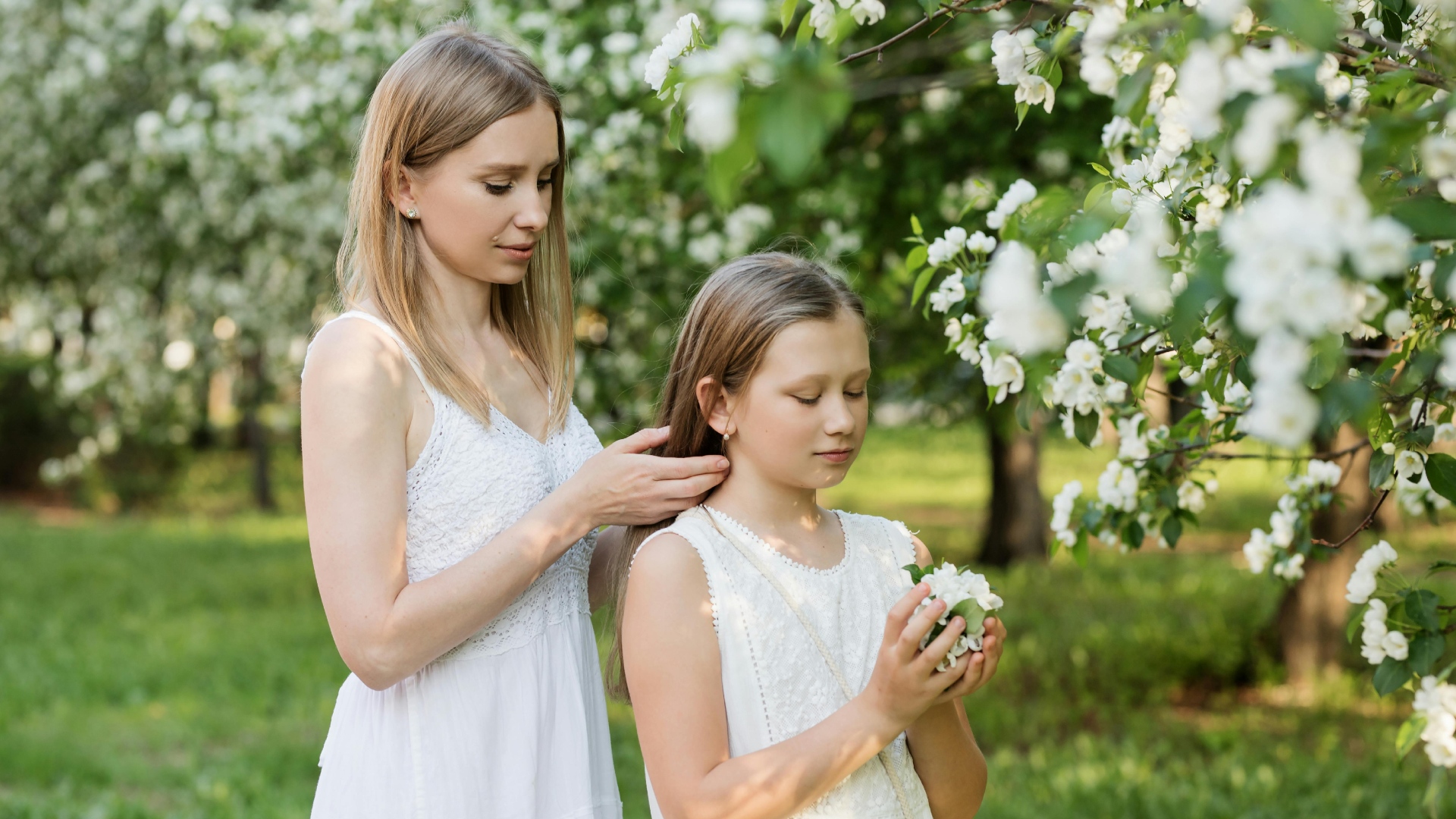
They frequently are the first to rise, offer assistance, ease conflicts, and foresee others' requirements. They are the oldest daughters. Within this role in the family, there can be an unspoken burden, felt since childhood and which, without causing any commotion, may carry over into adulthood.
When accountability turns into an instinct
The concept of "eldest daughter syndrome" gained significant traction on TikTok, thanks to a video from American psychologist Katie Morton. Although it is not an official medical condition, the term struck a chord with many women. They related to the ongoing sense of having to handle everything, feeling responsible for the family, and consistently prioritizing others over themselves.
This "syndrome" describes a collection of behaviors acquired during childhood: excessive emotional involvement, high sense of responsibility, desire for control, and trouble establishing boundaries. It primarily impacts older girls in family environments where significant—often excessive—expectations are placed upon them.
A societal and gender-based formation
As psychologist Héloïse Junier mentions in an interview withOuest-FranceThis reality is not the same everywhere: it changes based on culture, gender, and educational environment. In numerous families, girls are often expected more than their brothers to care for younger siblings, assist with household chores, or mediate during disagreements.
These assumptions, occasionally hidden, create a stance of "model elder" that is challenging to unravel. As a result, older daughters typically acquire social skills—such as listening, conflict resolution, and compassion—often with the sacrifice of an early emotional load.
Pressure that leaves a lasting impression
As people age, this role tends to become firmly established: numerous older women express challenges in assigning tasks, a habit of expecting flawlessness from themselves, a persistent desire for approval, or a sense of remorse when declining requests. This approach may also be linked with worry, mental fatigue, or the neglect of their own requirements.
"Older daughters are often viewed as pillars, yet we overlook the fact that they didn't always opt for this position," says Héloïse Junier. Remaining strong constantly isn't a calling; it's a behavior that is acquired.
Invisible mechanisms… but shared
If numerous women have related to this "syndrome," it's also due to its connection with personal matters. It brings attention to family situations that have been ignored, where the oldest child matures earlier than expected, because "someone has to assist," "be a role model," "avoid causing trouble."
Nevertheless, beneath this demeanor frequently resides an increased sensitivity, a significant desire for acknowledgment, and occasionally, a type of fatigue. The kindness with which these women nurture others should be directed towards themselves.
Can we liberate ourselves from it?
Certainly, but it involves acknowledging this pattern and discussing it. Recognizing that this role is not unavoidable helps you gain a new viewpoint. It's not about dismissing your history or your family, but rather about taking back your needs, establishing limits, and practicing the art of saying no—perhaps in a kind manner.
This task can be aided by a therapeutic method, as well as by conversations with other senior women. Just expressing your emotions and realizing you are not isolated can already be empowering.
"Eldest daughter syndrome" is not a mental health condition: it represents an unseen responsibility, a kindness that can be taken advantage of, and a role assumed too soon. By labeling it, women reclaim authority over their own past. And even if they still prioritize others, they can now also learn to look after themselves.

Posting Komentar